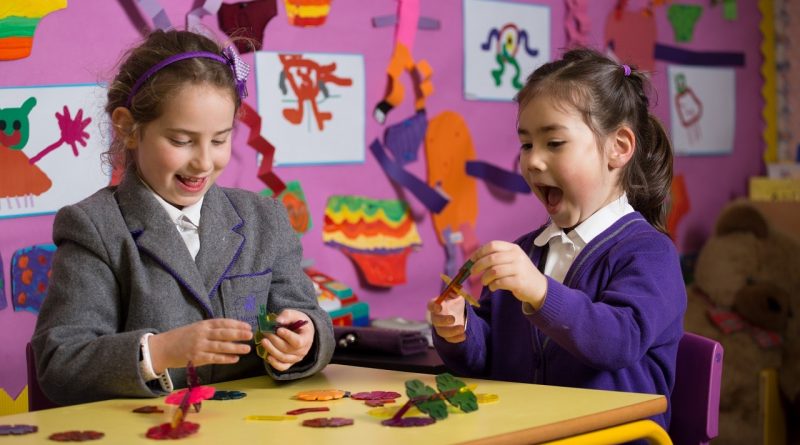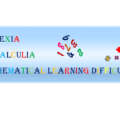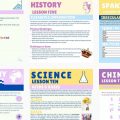The Fun of Learning
The science of learning is a fascinating area of research, which is now embedded in the classroom, and even shared with pupils of all ages, so they too can understand more about the science behind their own learning. This knowledge, in my experience, increases the pupils’ sense of ownership and independence as active learners in the classroom.
‘What we learn with pleasure we never forget’, according to Alfred Mercier. My philosophy is that learning should be enjoyable for both the teacher and child. When our children are engaged and invested in their learning and are truly having fun, that’s a big part of how learning ‘sticks’. As teachers, we are in a perfect position to make our learning environments and experiences highly enjoyable and deeply memorable, providing educational experiences that pupils will always treasure.
Laughter and having fun are powerful tools for pupil achievement and well-being. Our brains are wired to enjoy learning, releasing dopamine and feelings of pleasure to make us want to keep exploring and challenging ourselves further. Dopamine is a natural stress-reliever, changing the brain chemistry with a release of positive emotions. This positive reinforcement keeps motivation and attention levels high, developing the confidence, curiosity, and perseverance to continue learning.
 Dopamine not only motivates us to learn, it also helps us retain that new information, like the ‘save button’ on a computer. When dopamine is present, during an event or experience, we remember it. The more interested we are in an activity, the more dopamine is released and the better we remember it.
Dopamine not only motivates us to learn, it also helps us retain that new information, like the ‘save button’ on a computer. When dopamine is present, during an event or experience, we remember it. The more interested we are in an activity, the more dopamine is released and the better we remember it.
The role of play is key too, and research tells us that ‘children learn as they play. Most importantly, in play, children learn how to learn’ (O Fred Donaldson). It is important to consider how we can channel play into learning activities, for pupils of all ages. It was once considered that work and play are at opposite ends of the spectrum. However, we now know that they should be seen as interrelated, where an increase in fun can lead to an increase in learning.
Whilst we cannot look inside the brains of our pupils, research has shown that active learners are more engaged and have more fun. Active learning requires pupils to think hard and to practise using new knowledge and skills in order to develop long-term recall and a deeper understanding. This will enable pupils to connect different ideas together and to think creatively.
At Manchester High School for Girls, we aim to instil a life-long love of learning, embracing all available opportunities both inside and outside the classroom as a launchpad for future learning. Our focus is to nurture well-rounded pupils, fostering a natural curiosity and enthusiasm as we support each and every child to reach their potential. We encourage pupils to ask questions and venture into the unknown. ‘Wisdom begins with wonder’, as Socrates affirmed.






